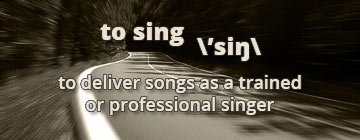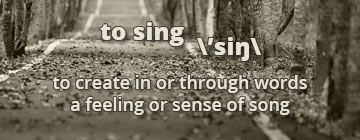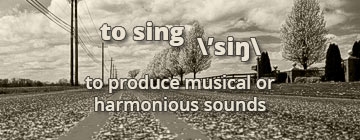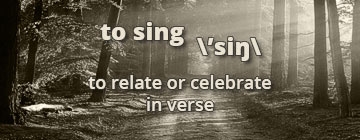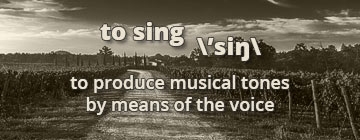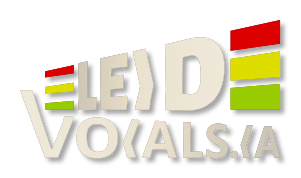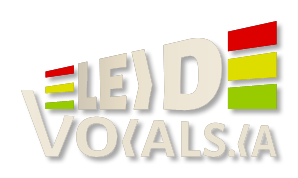Types and the Purpose of Music Licensing
If a singer, instrumentalist or a band wants to record, use, or perform music that is owned or controlled by somebody else, it is very likely that a license has to be obtained to do this on legal ground. Find out what kind of licenses control the use and recreation of music compositions, audio recordings, the use of music in public, the reproduction of sheet music, and the performance of theatrical productions. At Lead Vocals we also offer links and services to help you obtaining licenses for cover songs.

An example for the use of music is its distribution to people through a sound system.
The purpose of licensing
The purpose of music licensing is to make sure that the people and companies involved in the creation process of music, like per example the composer, the record label, the performing artist, and the publisher will get paid for the work and effort they have put into a piece of music. Allowing somebody to use a piece of music either as a composition, or as a recording, can be understood like a trade between the creator and the licensee.
Per example, if an artist is recording a cover song of another artist and is then distributing and selling that song on his or her own album release, he or she must ensure that the original composer of that song gets a share in form of a royalty. A royalty is a sum of money paid to the rights holder for each copy of a work sold, or for each public performance of a work. In common practice such royalties are most often calculated and collected in advance during the phase of producing the copies.
Types of music licenses
It is to mention that we in general distinguish between different kinds of uses for music, its recordings, and its production. Here is an overview with examples for the most common types of music licenses:
| Type of Licence | Task | Work | Media Format | Who gets paid? |
|---|---|---|---|---|
| Mechanical License | Record | Song | Audio | Composer |
| Synchronization License | Record | Song | Video | Composer |
| Master License | Use | Recording | Audio | Record Label/Artist |
| Public Performance License | Perform | Song | Audio/Video/Live | Composer |
| Print License | Reprint of sheet music | Song | Paper | Composer |
| Theatrical License | Perform a theatrical production | Songs | Live | Creator(s) |
In general a license is necessary when the task is done by someone, who did not create the work. The overview shows a common example, but is in no way a complete reference. If you are interested in reading deeper into the topic please continue reading our article at


